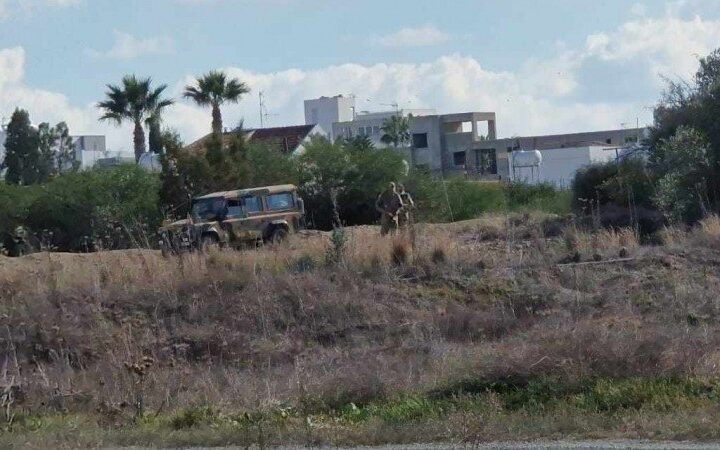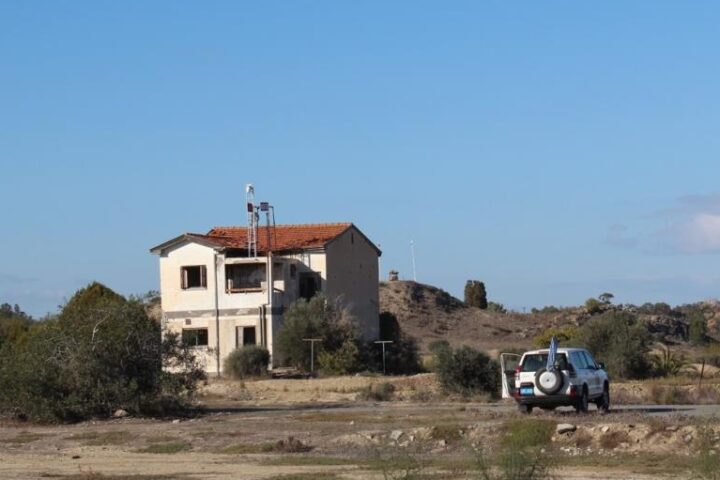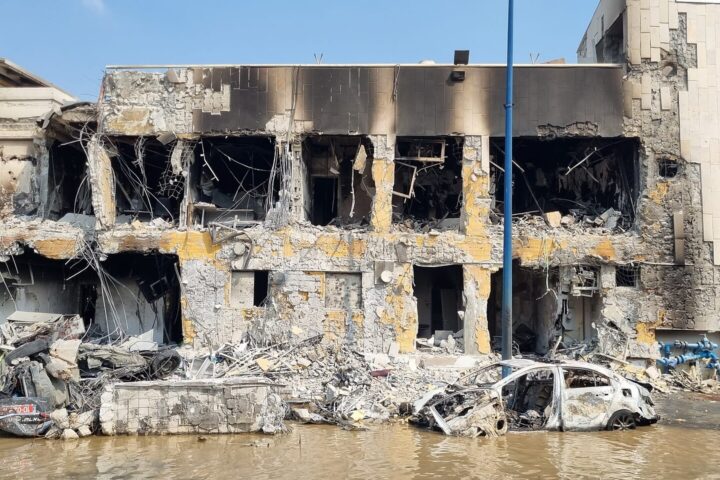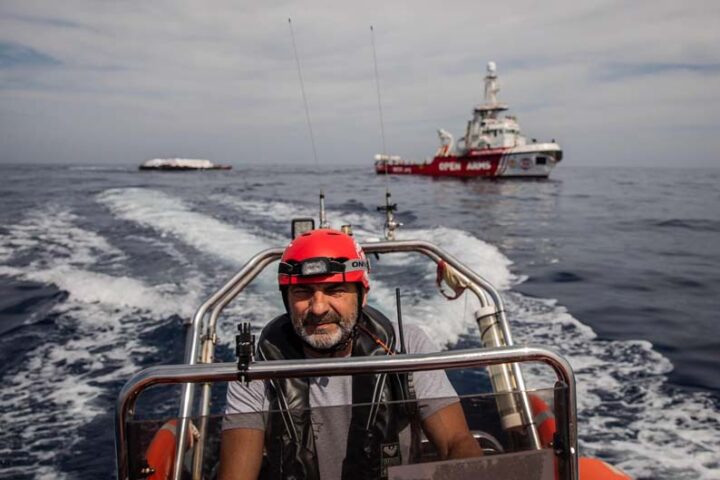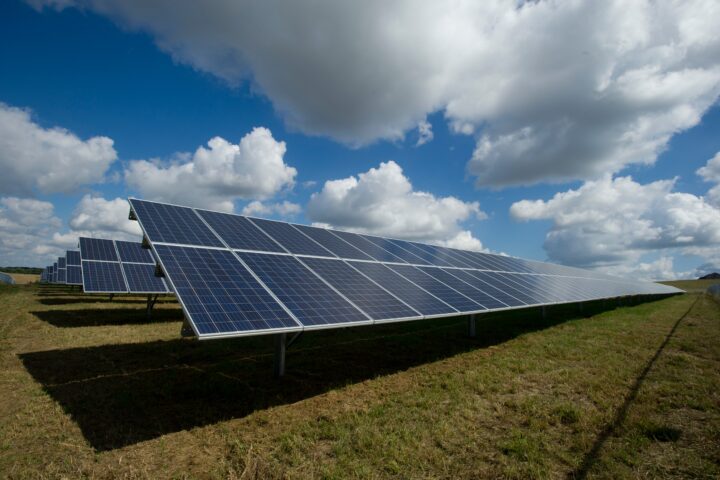Turkey and its modern-day Ottoman-style ruler Recep Tayyip Erdogan is holding a steady course on its path towards reviving an expansionist plan to reinstate the glory days of a one-time empire.
There’s nothing new here, especially if you ask any serious political analyst who has been following Erdogan’s rise to the throne.
For years he has been declaring he would retake Ayia Sofia.
He has isolated his opponents, built up unconventional alliances, and lured the country’s business community to his side, attracting them with contracts in the energy and defence sectors.
In effect, Erdogan has mutilated his own AKP party, which has been replaced by an alliance of fundamentalists, nationalists and generally the right of Turkey’s political sphere.
In return, he has full support to deploy the Blue Homeland plan to expand Turkey’s influence in the Mediterranean by driving a rift through traditional NATO allies and pitting long-time foes Moscow and Washington against each other.
Even the EU is split along so many camps with the Turkish president betting on keeping the Union disoriented and divided so that he can keep on with his plans in Libya and Syria.
The mild confrontation that Brussels has opted for will hardly make a dent in any of Erdogan’s plans, or fortunes.
Italy has allied itself with the same group supporting Al-Sarraj while France has thrown its support, together with Egypt, behind Khalifa Haftar, withy the energy resources of Libya being the prize.
Even a special advisor to EU High Representative for Foreign Affairs Josep Borrell suggested in an opinion piece this week that “rather than banging our heads against the brick wall of mild confrontation, the time has come for the EU — via Paris, Athens and Nicosia — to opt for a U-turn, and start treating Turkey as a partner, rather than an adversary.”
In other words, Erdogan embarks on several conflicts in order to back down on some and bargain a deal in his favour.
This probably explains Borrell’s soft criticism of Turkey’s offshore exploration ambitions and belligerence in the Mediterranean, not too far off the approach of almost all his predecessors.
The solution is not whether Erdogan wants to be crowned emperor someday, but what can be done to put out the fires blazing on different fronts, allowing Turkey to proceed as it does today.
Nobel economist Jeffrey Sachs has argued that peace needs to be found in many countries, chief among them being Syria, where the situation has gone beyond a humanitarian disaster, clearly spilling over into Lebanon, Israel sitting on the sidelines, believing that a decimated Syria is in its favour.
The irony is that Israel very often allies itself with Ankara satellite state Azerbaijan, despite the theatrics of conflicts with Turkey, dating back to heated words between Erdogan and Shimon Peres, resulting in the historic walk-out from the Davos forum.
Egypt very rightly is pushing for a peaceful resolution to the Libya conflict, if possible, while preparing itself in case Turkey tries to redraw the Middle East map.
It has other issues to worry about, such as protecting its energy resources, keeping the Suez Canal safe and resolving the Nile water standoff with Ethiopia that wants to build a dam that could dry up Egypt.
Europe should reconsider its role in the flaring region and take an active part in helping to rebuild the Middle East.
The sooner peace is achieved on as many fronts, the sooner Erdogan will become expendable by those who keep him in power.


